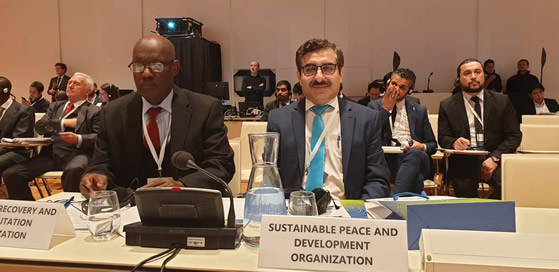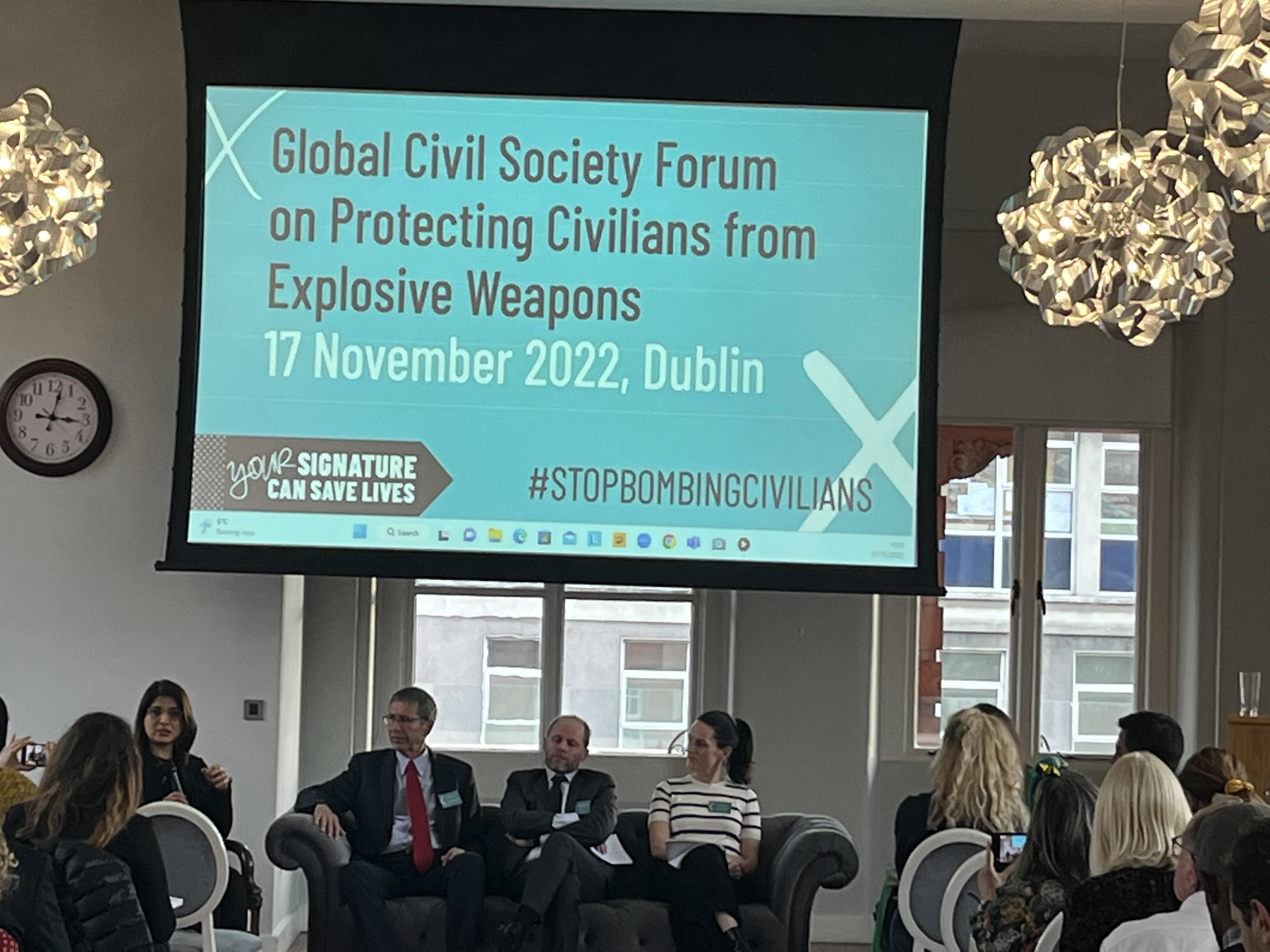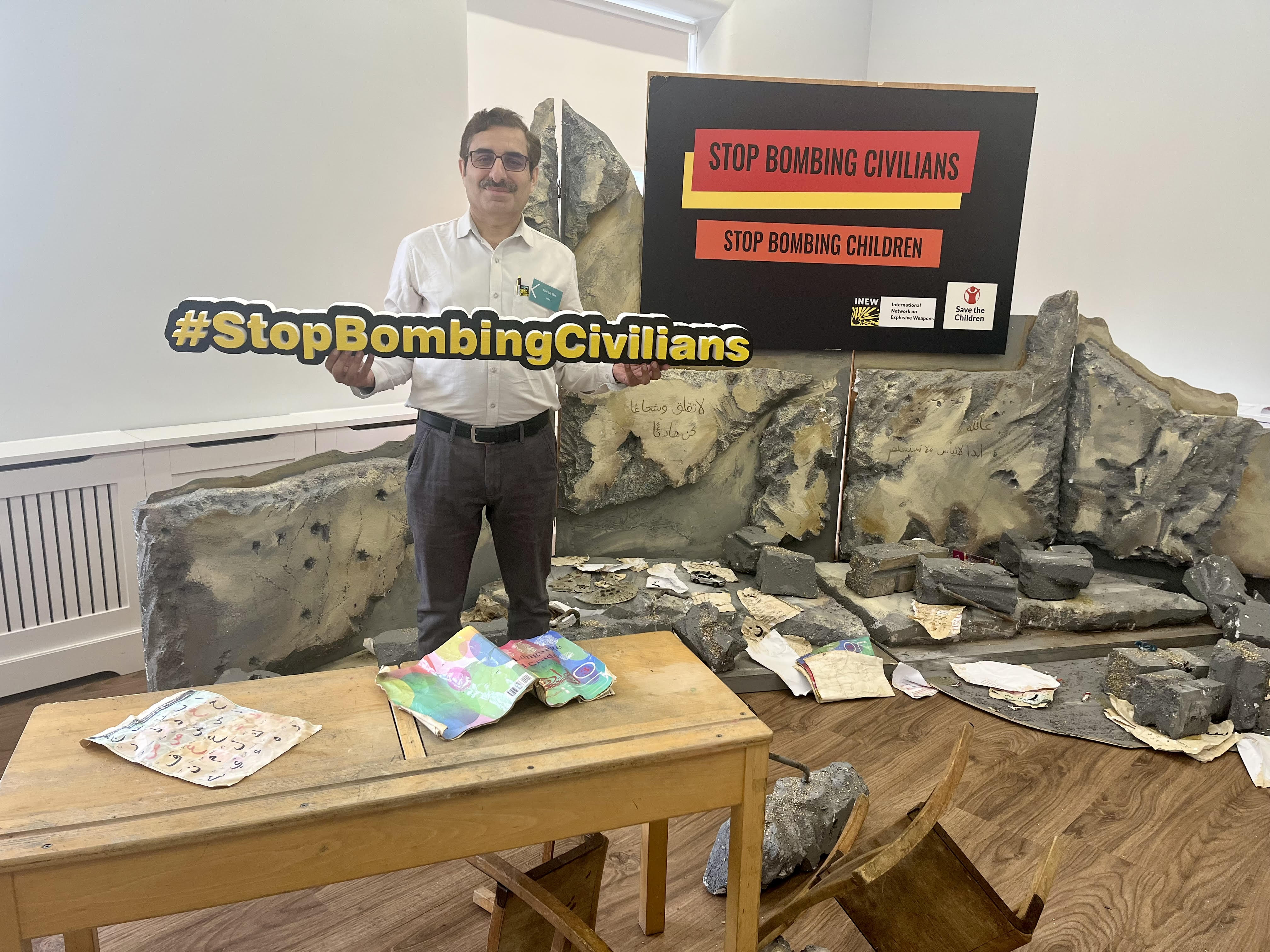Explosive Weapons in Populated Areas (EWIPA)
Project Introduction:
Explosive weapons are conventional weapons that detonate explosives to affect an area with blast and fragmentation. They come in a wide range of types and sizes. There are many types of explosive weapons, including grenades, mortar bombs, artillery shells and aircraft bombs, as well as improvised explosive devices (IEDs). As the name suggests, these weapons explode – killing and injuring people, or damaging vehicles and buildings, through the blast and fragmentation that an explosion creates around the point of detonation. Different types of explosive weapons may be delivered in different ways (some are thrown, others are fired from the ground or dropped from the air), and they may vary in the scale of effects that they create, but they share the tendency to affect an area with blast and fragmentation.
Explosive weapons are usually weapons of war. Although civilians may not be targeted in war and must be protected against the effects of weapons, when explosive weapons are used in cities, towns and villages, it is often civilians that are most severely affected. When explosive weapons are used in populated areas, over 90 per cent of casualties are reportedly civilians. Not only do explosive weapons kill and injure, but such attacks, especially if repeated or prolonged, also severely affect people through damage to infrastructure and psychological distress. Such attacks can destroy infrastructure vital to the wellbeing and the survival of civilians, such as homes, power plants, water pipes, schools and hospitals – resulting in displacement, disrupted education and the loss of healthcare. With a large number of civilians killed or injured directly each year, and many others harmed indirectly, curbing the use of explosive weapons in populated areas would save lives, alleviate the suffering of civilian populations during war, facilitate post-conflict recovery and reduce contamination by unexploded ordnance.
INEW is an international network of NGOs that calls for immediate action to prevent human suffering from the use of explosive weapons in populated areas. INEW members engage in research, policy and advocacy to promote greater understanding of the issues that arise from the use of explosive weapons in populated areas, and concrete steps that can be taken to address it. INEW member organizations develop partnerships calling for improved government policy and operational practice at a national level, and work together to develop stronger standards internationally. SPADO is one of the pioneer members of the INEW and since 2011 has hosted and participated in various meetings, conferences and seminars around the world advocating for international legal instruments to reduce and prevent human sufferings due to the use of indiscriminate weapons in civilian populated areas.




